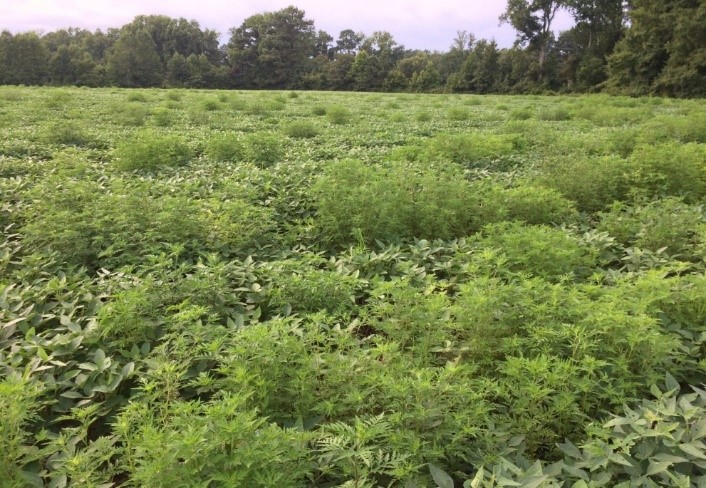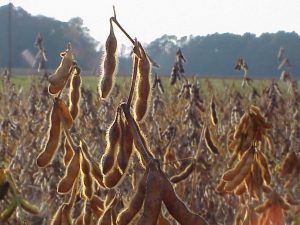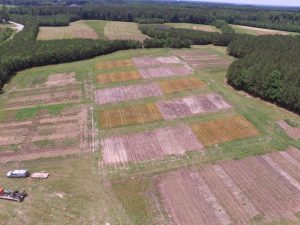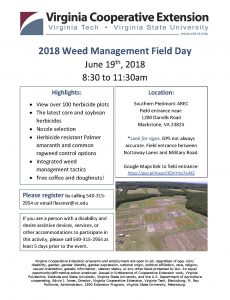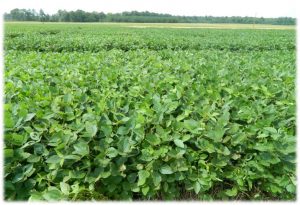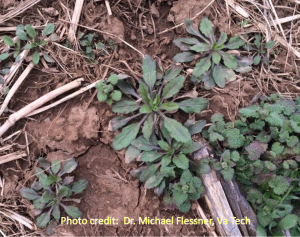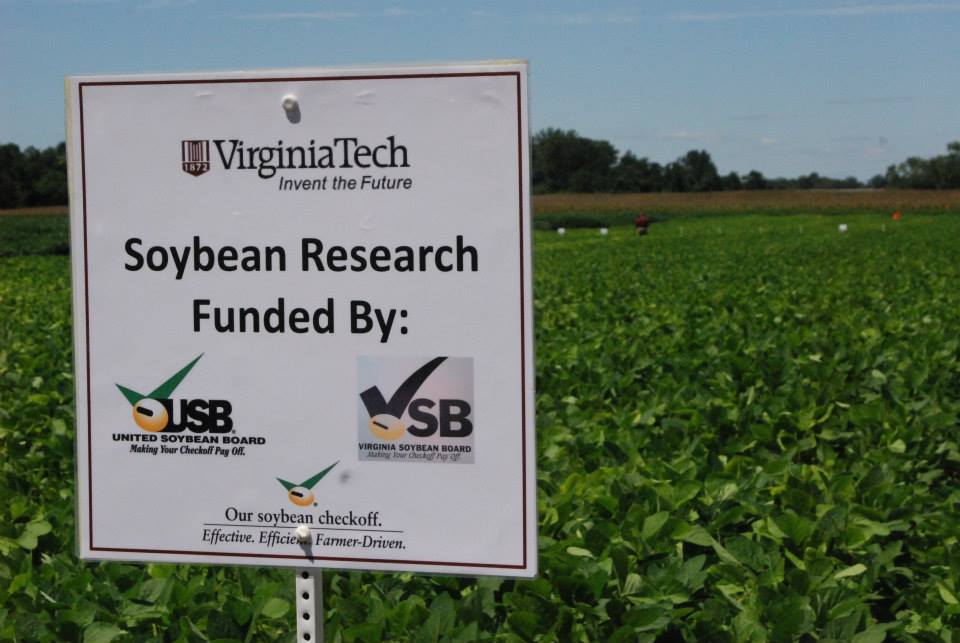Corn, Soybean, and Small Grains
June 14th, 2022
8:30 to 11:00am
Location: Southern Piedmont AREC. We will not be at the main station, but park directly in the field. Look for signs between Blackstone and the main station on Hwy 40/Darvills Road.
Google Maps link to field entrance: https://goo.gl/maps/iKZmYnjx7wM2
Field entrance near: 1200 Darvills Road, Blackstone, VA 23824. GPS is not always accurate. Field entrance between Nottoway Lanes and Military Road.
Continuing Education Credits Approved:
- NRCS Conservation Planner: 2.0
- DCR Conservation Planner: 2.0
- DCR Nutrient Mgmt Planner: 1.0
- Certified Crop Advisor: 2.0 (Pest Mgmt)
Please register by texting 540-315-2954 or emailing flessner@vt.edu
Highlights:
- View over 100 herbicide plots
- Learn about herbicide resistant Palmer amaranth and common ragweed control options
- Cover crops for weed control
- Harvest weed seed control:
- Chaff lining
- Redekop Seed Control Unit
- Pasture herbicide plots
If you are a person with a disability and desire any assistive devices, services or other accommodations to participate in this activity, please contact Michael Flessner at (540-315-2954) during business hours of 8:00 a.m. and 5:00 p.m. to discuss accommodations 5 days prior to the event. *TDD number is (800) 828-1120.
Virginia Cooperative Extension is a partnership of Virginia Tech, Virginia State University, the U.S. Department of Agriculture, and local governments. Its programs and employment are open to all, regardless of age, color, disability, gender, gender identity, gender expression, national origin, political affiliation, race, religion, sexual orientation, genetic information, military status, or any other basis protected by law.

